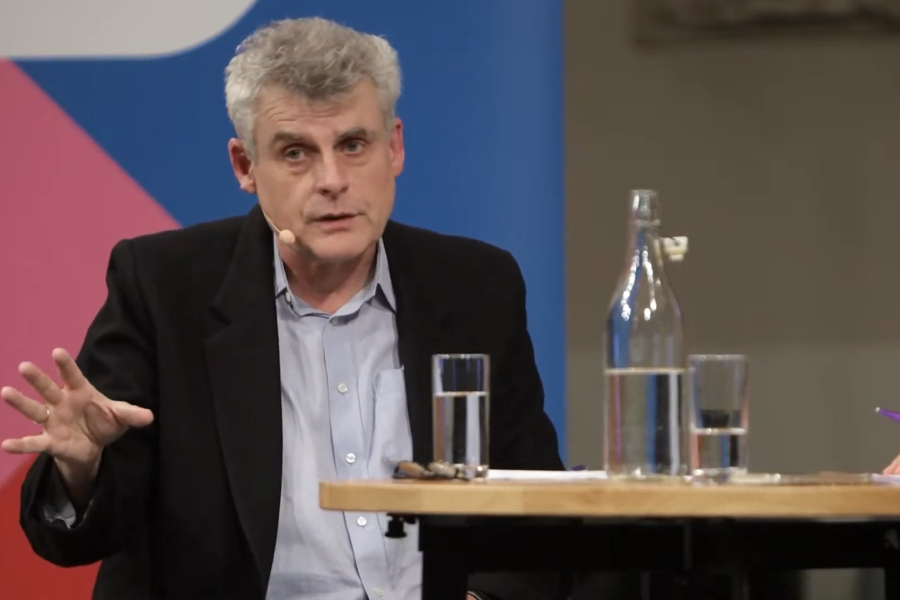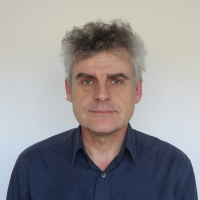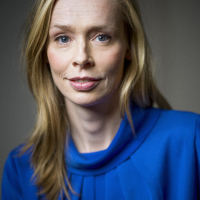Indonesia: the quiet rise of Southeast Asia's future superpower
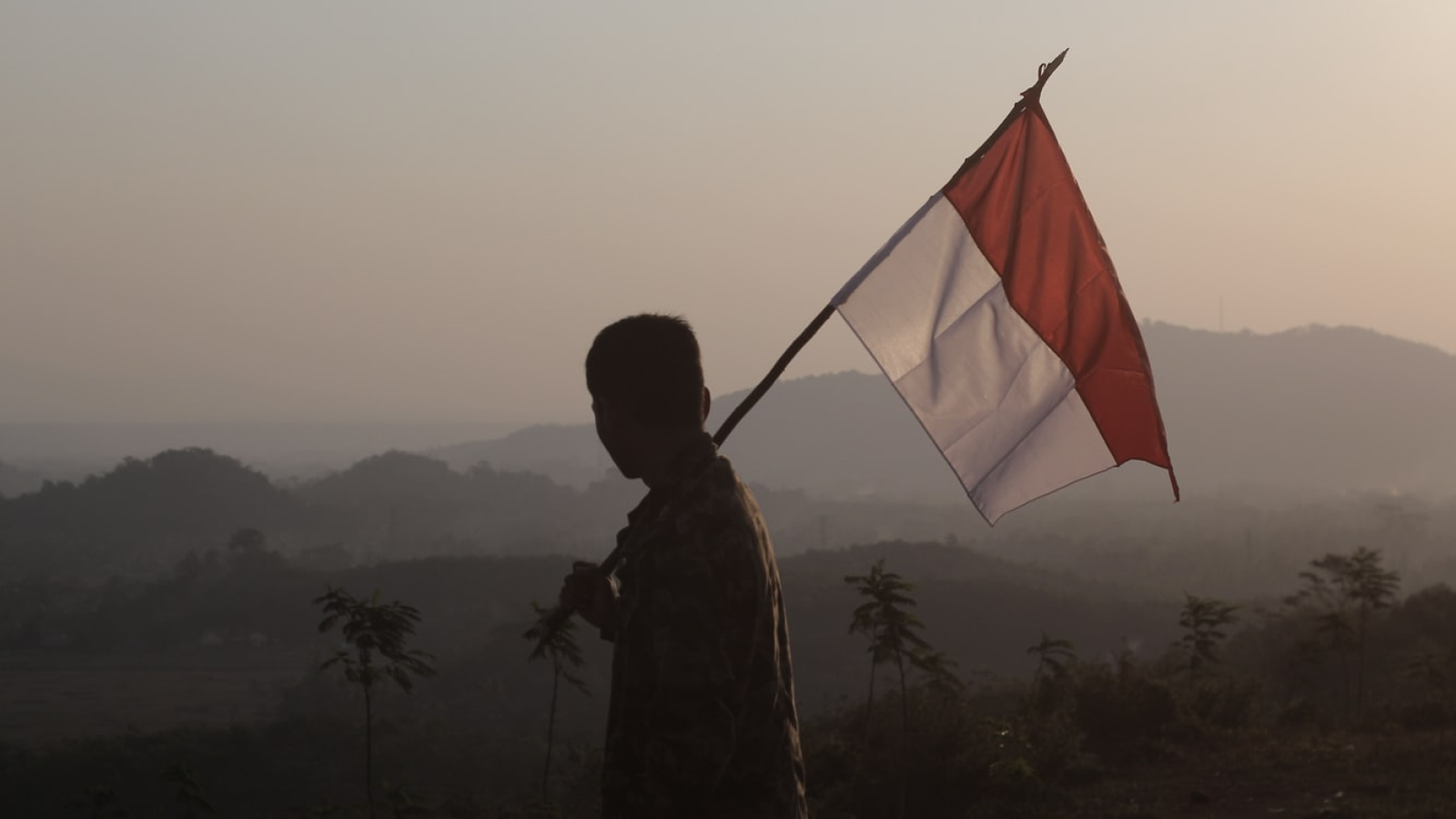
With a population of 252 million, Indonesia is the biggest Muslim-majority country in the world and its upcoming economy piques the interest of both China and the Western nations. Many people are familiar with Indonesia as a popular holiday destination, but hardly anyone knows anything about the culture, politics or economic situation. According to geographer Professor David Henley (LEI), the reason for Indonesia's absence from international headlines is sort of cynical: 'Recently not much bad has happened there'. In an interview with journalist and presenter Sophie Derkzen (Bureau Buitenland, VPRO) as part of the series 'The World in Motion', Henley shared his vision on Indonesia's rise to the world stage and its potential role in the rising tensions between autocratic and democratic global powers.
Henley's own fascination with Indonesia however began during his travels as a backpacker through Southeast Asia in the 1980s. But where most Westerners' interests reach no further than the local cuisine and stunning nature, Henley was intrigued to witness the rapid economic progress of the country developing before his eyes. 'I had learnt a lot about the negative side of Southeast Asia – the political unrest and poverty – but I knew barely anything about its many achievements and success stories such as Indonesia and Singapore', Henley explains. From then on, Henley became inspired to study Indonesia more in detail and to challenge the one-sided Eurocentric perspective on the region that he had formed as a Western student.
A common misconception
An unknown country is easily mischaracterised. In the case of Indonesia, the most common misconception is the idea that the nation is being plagued by secessionist regions trying to gain independence. Henley refutes this. According to him, the stability of the massive country is mostly due to the strong sense of national unity among the Indonesian citizens. 'Despite its many different ethnicities, potential conflicts and different levels of economic progress per island, Indonesia has held together quite well. Apart from the Free Papua Movement there is no real separatist movement, which is a big achievement for a country with the size of Europe. To therefore describe Indonesia as the Balkans of Southeast Asia would be far from the truth', Henley argues.
Jokowi
Indonesia's current president Joko Widodo – also known by the nickname 'Jokowi' – plays an essential role in the tale of Indonesia's rise to power in the region. After his successful presidential election in 2014, international media were quick to dub him Indonesia's Obama. Coming from a humble background, Widodo proved that it was possible for an ordinary Indonesian to trump the political elite through democratic elections. Henley describes Widodo as a charming man with humour and a popular touch, who prefers to go out into the streets and meet ordinary Indonesians. Widodo's modest behaviour and lack of elitist arrogance is respected by Indonesian citizens. Henley: 'Widodo is a technocratic populist. He does not seek confrontation with established elites. And certainly, as president, he has always sought compromise and consensus.' However, Henley points out that Widodo has not met the high expectations ascribed to him when entering office. Major reforms have not materialised and more importantly, Widodo has failed to act against the widespread corruption in the country.
In Henley's view, Widodo's disappointingly weak anticorruption efforts are not due to himself being corrupt. Despite his good intentions, Henley sees Widodo as being trapped in a long-standing system of corruption in which he is forced to look for compromise and consensus. This is also the case with the increased Islamic popularity of conservative Islamist movements in Indonesia. 'Even though Widodo represents a political viewpoint of pluralism and secularism, he has to appeal to a Muslim-majority society, especially now that Indonesian society has over the years become less secular', Henley explains.
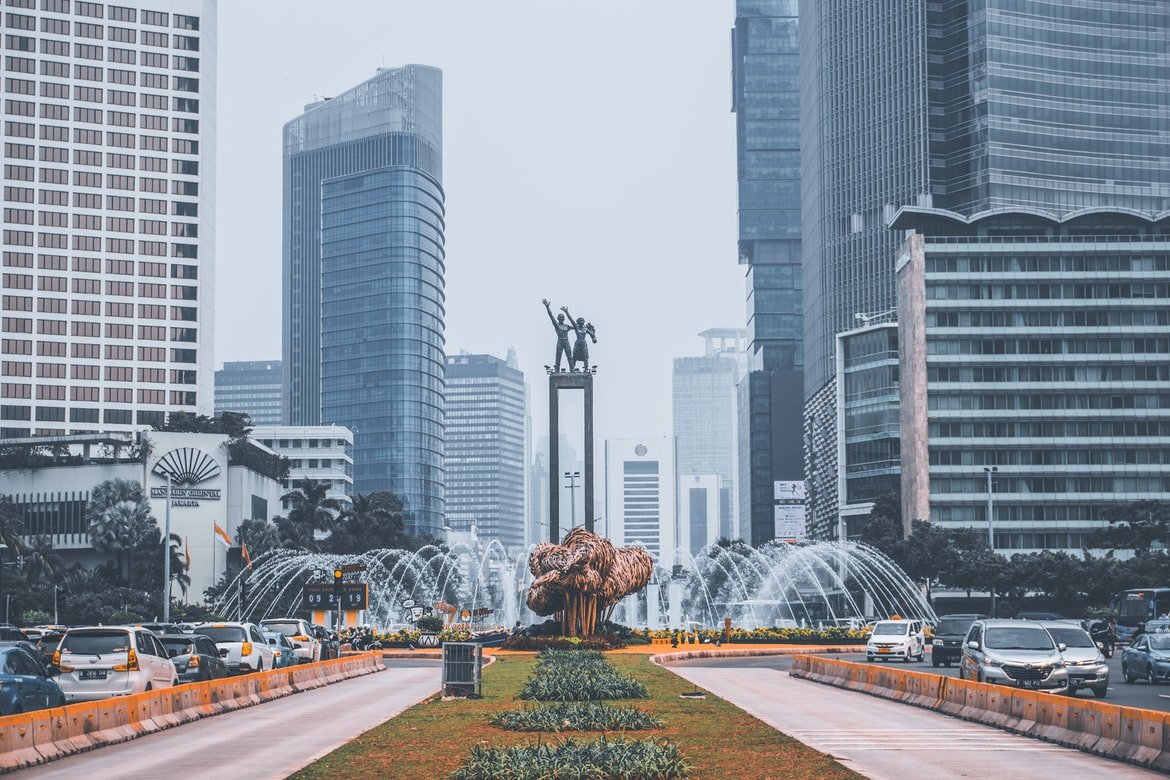
Despite the challenges Widodo faces on corruption and Islamist political movements, Henley praises Widodo for leading a relatively stable democracy in a region where several states have recently reverted to dictatorial regimes, such as Thailand and Myanmar. Another positive development noted by Henley is Widodo's effort to improve the living conditions of ordinary Indonesians: 'in the last few years, Indonesia is slowly building up a welfare state. A universal healthcare system has been set up, there are new ports, railways, schools and an improved public transport system in Jakarta.' Indonesians are witnessing first-hand their country changing for the better. In addition, since most citizens can afford to buy more products, Indonesia is becoming an interesting consumer market for both the West and China. In result, Widodo was rewarded a second presidential term in 2019 for his accomplishments, albeit with a small majority of the Indonesian electorate.
Indonesia on the world stage
Although Indonesia is rapidly transforming into a more powerful player, Henley does not expect Widodo to act boldly on the international stage. 'Indonesia and its president are not that interested in foreign affairs. After all, Indonesia is a world onto itself.' Nevertheless, Henley would like the nation to be more assertive. 'It would be nicer for the world if Indonesia would show stronger leadership in the region. There is a new Cold War going on between an authoritarian side – China – and a pluralistic democratic side, which includes Asian countries such as India and Indonesia.'
In Henley's view, this new Cold War should not be framed as a conflict of the West versus China, even though China will try to define it as such. Henley: 'India and Indonesia form the core of the Asian democratic alliance. This global contest will be fought out in Asia. It is therefore essential for Indonesia to play a more prominent role, for its own interest as well.' Whether the modest Joko Widodo will reshape Indonesia's global position will be closely observed by international relations experts all over the globe. Indonesia has certainly piqued our interest.

